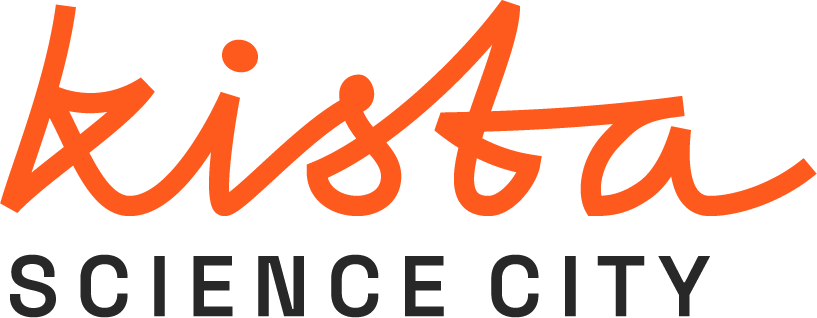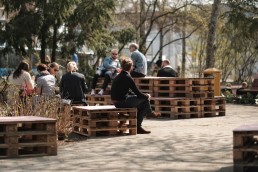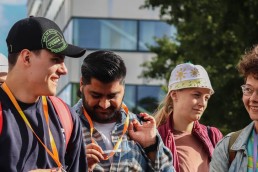Safety
Innovative approaches to safety
There are many factors that contribute to an attractive and safe urban space. How can we be better at continuously measuring and analyzing safety and the effects of measures taken, so that they really hit the mark? When producing new data how can we ensure that it is open and made used of by the different actors who contribute to making an urban space attractive and safe?
Safety Lab
Creating an open platform for innovation requires the involvement of many stakeholders bringing together different perspectives. In the Safety Lab we employ a systematic approach that involves gathering needs and insights, conducting market and trend analysis, facilitating matchmaking with startups, piloting initiatives, and fostering a collaborative environment for learning and networking.
In the first year of Safety Lab, we are exploring:
- Innovative approaches to collaboratively gather insights about a location using sentiment analysis in the digital survey “How do you like Kista?” with Kista Limitless, Citycon, Byggvesta, Stockholm University and the student association DISK.
- What is required of a large organization to continuously gather and make use of place based insights in collaboration with the City of Stockholm.
Forum for Safety in Public Spaces with IoT
- Forum for Safety in Public Spaces with IoT (Internet of Things) is formed as a strategic project for IoT Sweden focusing on integrity. We will take a deep dive into legal and ethical issues inviting projects and Swedish cities to drive innovation with us.
- We will explore how to collect data in public spaces without compromising with the integrity of its inhabitants in a pilot with Swedish Authority for Privacy Protection (IMY), the City of Stockholm and Internet of Things Sverige.
Contact
Lucas Uhlén, Project Manager
Lucas.uhlen@kista.com
In collaboration with
City of Stockholm
Integritetsskyddsmyndigheten | IMY
IoT Sverige
Kista Limitless
Citycon
Byggvesta
DISK DSV student association, Stockholm University
Financed by
The strategic innovation programme IoT Sweden (IoT Sverige)
with support of the
Swedish Energy Agency
Vinnova
Formas
Downloads
Trygghet i stadsrummet, IoT Sverige och Kista Science City
Trygghetsmätning i offentliga miljöer med hjälp av IoT teknik. IMY slutrapport
Related links
Aktörer i Kista ska hitta nya sätt att jobba med upplevd trygghet ( Pressrelease from Kista Science City, February 2023)
Trygghetsprojekt vägleds i gråzonsfrågor om dataskydd ( Pressrelease from IMY, June 2023)
Sensorer ska mäta tryggheten på offentliga platser ( Dagens Samhälle, article in Swedish, June 2023)
Related articles
March 7, 2024
Safety in the digital age
Emerging technologies and collaborative models hold promise in addressing the growing concern over perceived safety in urban environments.…
September 8, 2023
Nationellt forum för trygghet i stadsrummet – fokus på integritet och etik
En ny nationell mötesplats ska fokusera på hur vi kan utveckla kloka IoT-lösningar som kan att öka tryggheten i det offentliga rummet,…
June 20, 2023
Exploring data privacy challenges for safer public spaces
Kista Science City, the Swedish Authority for Privacy Protection (IMY), the City of Stockholm, and Internet of Things Sverige are launching…
March 22, 2023
Connected sensors to reduce garbage collection stops by 80%
In a recent collaboration project between the municipality, two startups and Kista Science City, we get a glimpse of how technology can…
February 27, 2023
Safety Lab – Aktörsdrivet trygghetslabb
Can new ways of working - supported by new tech - contribute to increased safety in urban environment? In this new project we'll be teaming…





